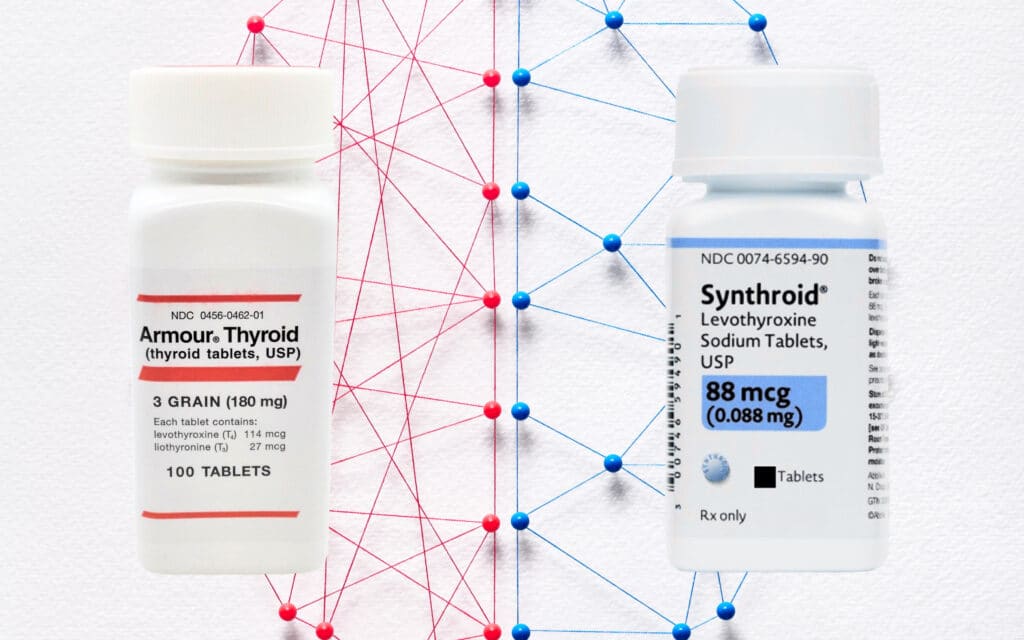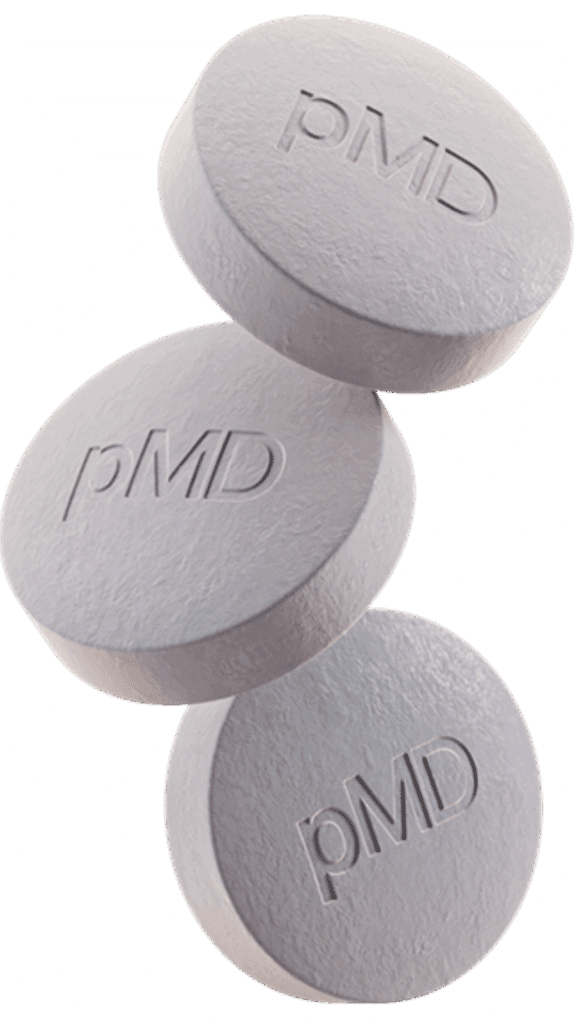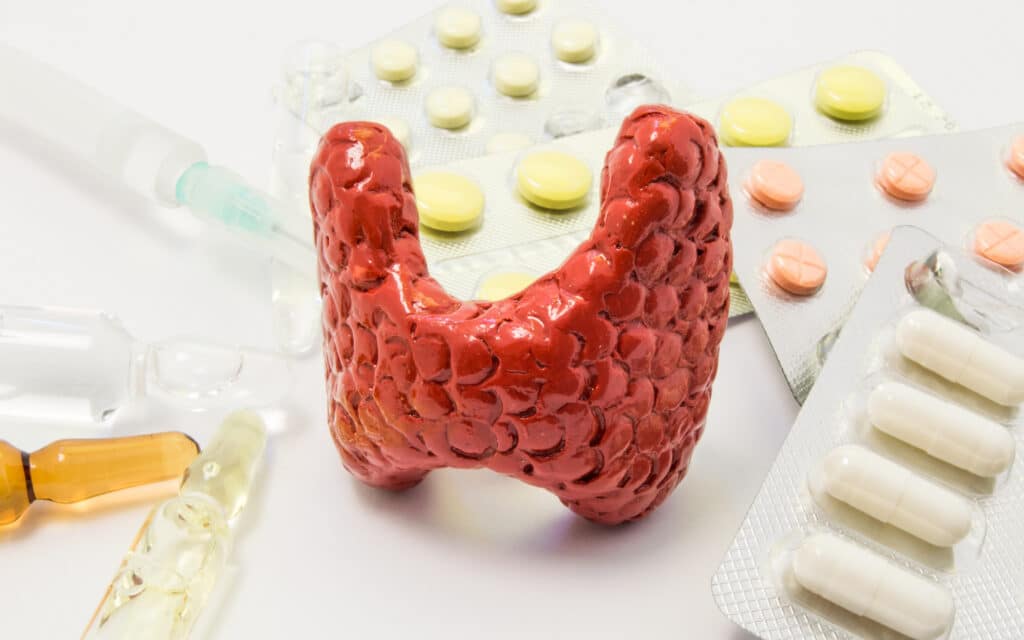If you have hypothyroidism, your doctor has probably mentioned levothyroxine, and maybe you’ve also seen natural or “desiccated” thyroid products for sale. Two names that come up a lot are Synthroid and Armour Thyroid. They both aim to replace missing thyroid hormone, but they are different medicines, with different strengths, risks, and reasons someone might pick one over the other. Here’s a friendly, practical guide to help you understand the differences and what to talk about with your clinician.

- Armour Thyroid is a desiccated (dried) porcine thyroid extract that contains both T4 and T3 in a fixed ratio. It is an older, “natural” product and differs from levothyroxine because it supplies T3 directly as well as T4.
- Synthroid is a brand of levothyroxine, a synthetic form of the T4 thyroid hormone. It is the standard, first-line therapy for hypothyroidism in most adults.
What’s actually in the pills?
Armour Thyroid (desiccated thyroid extract): made from pig thyroid glands and contains both T4 and T3. The approximate content per “grain” is documented (about 38 mcg T4 and 9 mcg T3 per grain), but because it is animal-derived there can be more variability in hormone content between batches than with a manufactured single-molecule drug. While, Synthroid (levothyroxine): contains synthetic L-thyroxine (T4). Your body converts some T4 to the active hormone T3 as needed. This single-hormone approach makes dosing predictable and monitorable via blood tests such as TSH.

How they behave in the body – and why that matters
- T4-only replacement (levothyroxine) provides a steady supply of the hormone your body usually makes and lets your tissues convert the amount of T3 they need. That steady supply and predictable pharmacology is one major reason levothyroxine remains the recommended standard of care.
- DTE (Armour) delivers some active T3 right away, which can produce peaks and troughs in T3 levels after a dose because T3 has a shorter half-life. For some patients this feels better; for others it leads to fluctuations or symptoms of excess thyroid hormone. The ratio of T4 to T3 in DTE is also different from what a human thyroid normally produces.

Evidence and patient experience
Randomized trials and guideline reviews show no consistent, strong evidence that desiccated thyroid extract is superior to levothyroxine for improving quality of life in most patients. One well-known randomized crossover trial found no significant quality-of-life advantage for DTE, although about half of participants expressed a preference for the natural product. That suggests patient experience matters, but the objective measures mostly favor levothyroxine for predictable, safe control.
Safety and monitoring
| Armour/DTE May cause symptoms of excess thyroid hormone if dosing results in higher T3 exposure. In addition, there are concerns about batch-to-batch variability and lack of a modern approval pathway for some animal-derived thyroid products; regulators and endocrine societies advise caution and close follow-up. | Synthroid/Levothyroxine Because it is a single, predictable molecule, it is easier to titrate and monitor with TSH testing. Over-replacement (too much hormone) can raise heart rate, worsen atrial fibrillation risk, and accelerate bone loss, so careful dosing and periodic lab checks are important, especially in older adults. |
| Some Patients Who remain symptomatic despite normal TSH on levothyroxine ask about alternative options. A minority report feeling better on DTE or on combination therapy (T4 plus synthetic T3 given under close medical supervision). Because research is mixed and risks exist, switching should be a shared decision made with an endocrinologist or experienced prescriber. | Most Patients Start with levothyroxine (Synthroid or equivalent). It is the treatment with the strongest evidence base and the most predictable laboratory monitoring. |
Practical tips if you’re switching or comparing treatments
- Don’t switch brands or formulations without your doctor’s OK. Different levothyroxine products aren’t always clinically identical; changing products can change your TSH. If a switch is necessary, expect follow-up labs after 6 to 8 weeks.
- Timing matters. Take thyroid replacement on an empty stomach and separate it from calcium, iron, or some supplements by several hours to avoid absorption problems.
- Pregnancy and children: Levothyroxine is generally preferred because maintaining stable T4 is critical for fetal brain development and precise dosing and monitoring are easier. Discuss pregnancy plans with your clinician before changing therapy.
- If you try DTE or T3-containing regimens, monitor closely. T3 fluctuations can affect heart rhythm and bone health; get periodic TSH, free T4, and clinical checks.
Levothyroxine (Synthroid and generics) is the evidence-based, standard treatment for hypothyroidism because it offers predictable dosing and safer, easier monitoring. Some patients still prefer or feel better on desiccated thyroid extract like Armour Thyroid, and clinical trials show a meaningful minority do prefer DTE. However, DTE has potential variability and different T4:T3 ratios, and it requires careful medical supervision if used. If you are considering a change, have an open, documented conversation with your clinician and plan for follow-up labs and symptom tracking.






